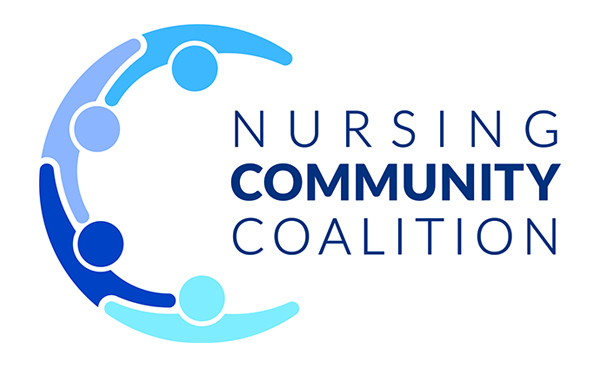OADN continues our federal advocacy on your behalf as a member of the Nursing Community Coalition, where we work to ensure that nurses are supported and that nursing education is funded. NCC Thanks Senators for Introducing the I CAN Act On October 10, sixty-one members of the Nursing Community Coalition (NCC) sent a letter thanking Senate Nursing […]

